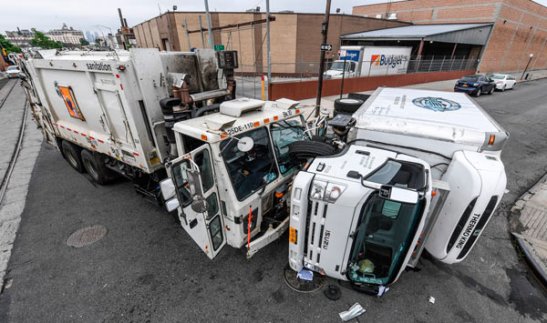Pay for Success – Also Known as Social Impact Bonds, Senator Orrin Hatch & the Every Student Succeeds Act (ESSA)

Back in the early 2000’s Sun Microsystems’ Scott McNealy described the pending merger between Hewlett-Packard and Compaq as “the sound of two garbage trucks colliding”.
Whenever I read through the 449 page abomination that is the 2016 re-write of the 1965 ESEA – later rebranded as the ESSA – I can’t help thinking of that phrase.
The law really is a never ending dumpster fire.
Thanks to boastful politicians, like Senator Orin Hatch, the public gets to learn in a round about way some of the awful things tucked into the ESSA.
For example:
From July 16th, 2015Senate Passes Hatch “Pay for Success” Amendment“With Pay for Success, state and local leaders will be empowered to fund initiatives that deliver real results for their communities and schools. Rather than being limited by what federal bureaucrats at the Department of Education think best, funding should be more connected to local innovation and successful outcomes. I’m pleased the Senate has voted to approve my amendment, which builds on tremendous success leaders have already seen in my home state of Utah.”
What’s Pay for Success?
It’s telling that Hatch’s short statement is full of buzz works like “empowered”, “local innovation”, and “successful outcomes”, but really doesn’t explain what Pay for Success means or more importantly, how it works.
I think this is deliberate.
Pay for Success is an upbeat re-branding of social impact bonds or SIBs.
In the case of the ESSA, social impact bonds are a way for investors to speculate on education outcomes; essentially making bets on programs and then measuring if kidsPay for Success – Also Known as Social Impact Bonds, Senator Orrin Hatch & the Every Student Succeeds Act (ESSA) | Seattle Education:
